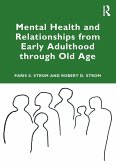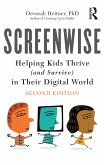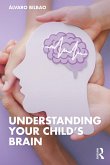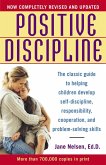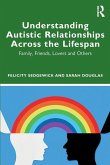This unique text encourages young adults to reflect on their prospective longevity for setting goals and making decisions, become aware of the aspirations and concerns of other generations, and consider personal direction in relation to peer group norms. The sources for learning about mental health and relationships include a blend of academic research, insights from literature, student interviews with older and younger relatives, and personal observations.
Stages of adulthood including early adulthood, middle adulthood, retirement age, and old age, are described showing how people can pursue individual growth and nurture the mental health of relatives throughout life. The main themes of younger and middle-aged adults include stress, parenting, peer socialization, family conflict, career readiness, domestic abuse, intergenerational relationships, and mental health. In addition, the educational needs of older adults focus on mental health, family caregiving, grandparenting, physical and social health, problems of younger generations, retirement, loneliness and social isolation, elder abuse, death, grief, and recovery.
All chapters conclude with a section about Generational Perspectives Activities, assignments with agenda for class and family discussions, problem-solving scenarios, key concepts, and criteria for self-evaluation. This will be of interest to undergraduate and graduate college students enrolled in lifespan courses offered by family studies, educational psychology, human development, counselling, social work, gerontology, nursing, and business.
Stages of adulthood including early adulthood, middle adulthood, retirement age, and old age, are described showing how people can pursue individual growth and nurture the mental health of relatives throughout life. The main themes of younger and middle-aged adults include stress, parenting, peer socialization, family conflict, career readiness, domestic abuse, intergenerational relationships, and mental health. In addition, the educational needs of older adults focus on mental health, family caregiving, grandparenting, physical and social health, problems of younger generations, retirement, loneliness and social isolation, elder abuse, death, grief, and recovery.
All chapters conclude with a section about Generational Perspectives Activities, assignments with agenda for class and family discussions, problem-solving scenarios, key concepts, and criteria for self-evaluation. This will be of interest to undergraduate and graduate college students enrolled in lifespan courses offered by family studies, educational psychology, human development, counselling, social work, gerontology, nursing, and business.


